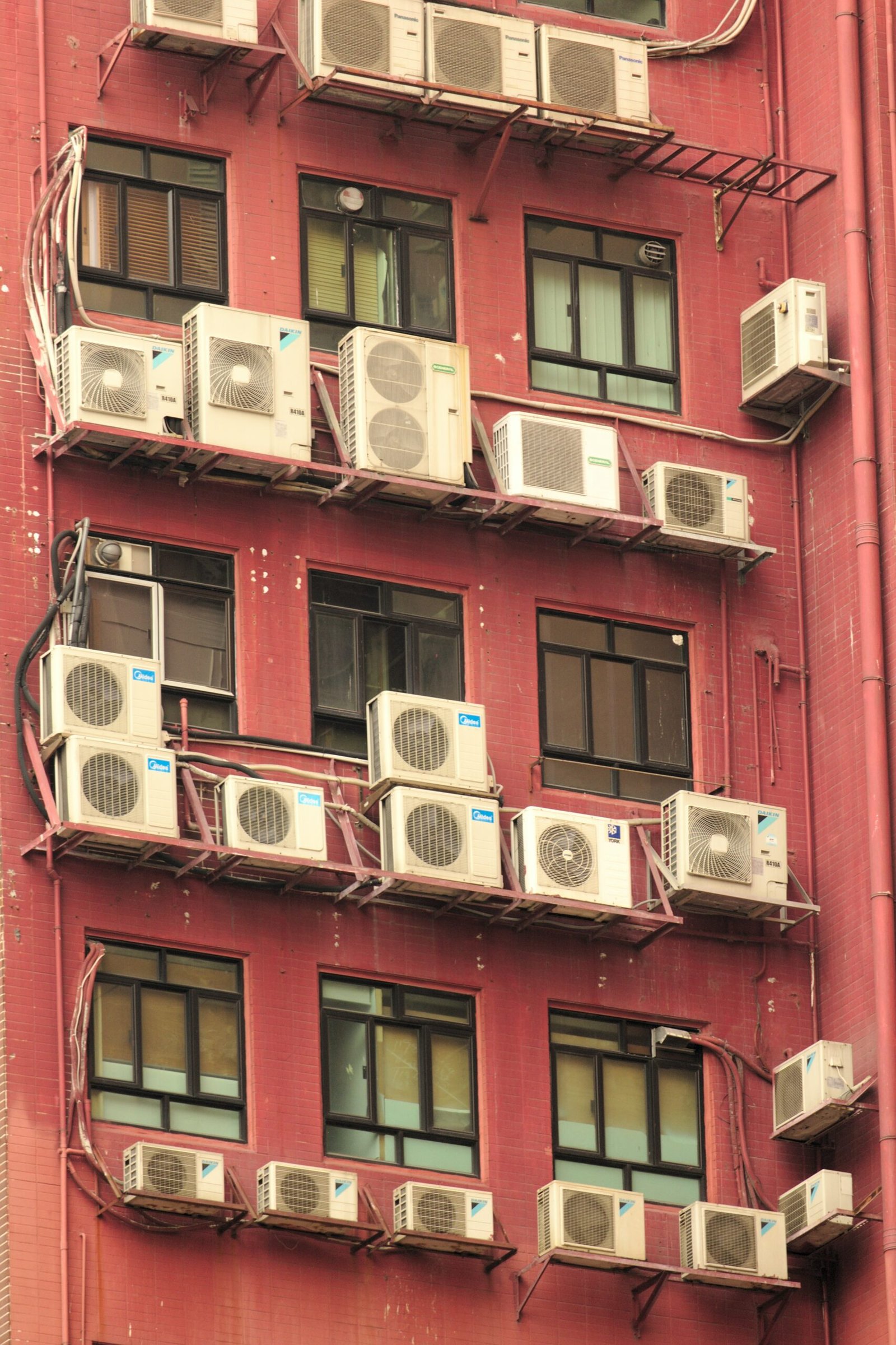Introduction
As the summer heat intensifies, finding relief becomes a top priority for many of us. One essential appliance that can make a significant difference in our comfort levels is an air conditioner. However, with so many options available in the market, choosing the right one can be a daunting task. In this comprehensive buying guide, we will explore the different types of air conditioners, their usage, maintenance requirements, as well as the benefits and drawbacks of each.
Types of Air Conditioners
1. Window Air Conditioners: These are the most common type of air conditioners and are designed to be installed in a window or a hole in an exterior wall. They are relatively affordable and easy to install, making them a popular choice for smaller spaces.
2. Split Air Conditioners: Split ACs consist of two parts – an indoor unit and an outdoor unit. The indoor unit is installed inside the room, while the outdoor unit is placed outside the building. They offer better cooling efficiency and are suitable for larger spaces.
3. Portable Air Conditioners: These units are versatile and can be moved from room to room. They do not require permanent installation and are a good option for those who do not want to invest in a fixed air conditioning system.
4. Ductless Mini-Split Air Conditioners: Similar to split air conditioners, these units also consist of an indoor and an outdoor unit. However, they do not require ductwork for installation, making them a great choice for homes without existing ducts.
Usage
When it comes to using air conditioners, it’s important to consider the size of the room and the cooling capacity of the unit. An undersized unit may struggle to cool a large space, while an oversized unit may waste energy and lead to higher electricity bills. It is recommended to consult with a professional to determine the appropriate cooling capacity for your specific needs.
Maintenance
To ensure optimal performance and longevity of your air conditioner, regular maintenance is crucial. Here are a few maintenance tips:
- Clean or replace the air filters regularly to maintain good airflow and prevent dust and debris from accumulating.
- Keep the outdoor unit free from debris, such as leaves and twigs, to ensure proper airflow.
- Check and clean the condenser coils to remove dirt and dust buildup.
- Inspect the refrigerant levels and ensure they are within the recommended range.
- Schedule professional maintenance at least once a year to identify and address any issues before they escalate.
Benefits
Investing in an air conditioner offers numerous benefits:
- Improved Comfort: Air conditioners provide cool and comfortable indoor environments, allowing you to escape the scorching heat.
- Better Air Quality: Many air conditioners come with built-in filters that help remove pollutants, allergens, and dust particles, improving the air quality inside your home.
- Increased Productivity: Studies have shown that working or living in a cool environment can enhance productivity and concentration levels.
- Sleep Quality: Air conditioners can create a conducive environment for a good night’s sleep by maintaining a cool and comfortable temperature.
Drawbacks
While air conditioners offer numerous benefits, it is important to consider their drawbacks as well:
- Energy Consumption: Air conditioners can significantly increase your energy consumption, leading to higher electricity bills.
- Environmental Impact: Traditional air conditioning units use refrigerants that contribute to ozone depletion and global warming. Look for units that use eco-friendly refrigerants.
- Initial Cost: Air conditioners can be a substantial investment, especially if you opt for more advanced and energy-efficient models.
Conclusion
Choosing the right air conditioner involves considering various factors such as the type of unit, usage requirements, maintenance needs, and the benefits and drawbacks associated with each option. By understanding these aspects, you can make an informed decision and find the perfect air conditioner to keep you cool and comfortable during the sweltering summer months.
Remember to consult with professionals and read customer reviews before making your final purchase. Stay cool!


